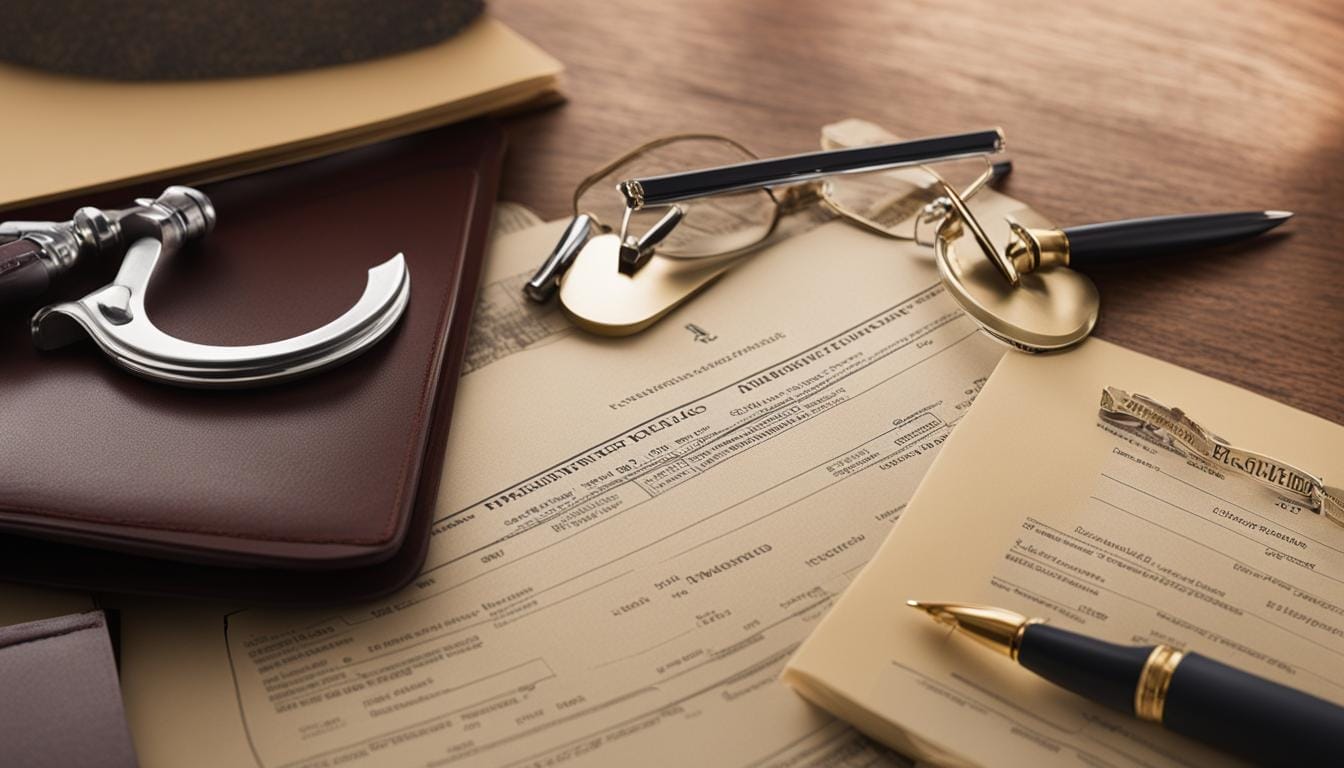When facing an assault charge, it is crucial to understand the potential consequences that come with it. From legal repercussions to the impact on your future, knowing what happens if you get an assault charge can help you make informed decisions. Let’s explore the various consequences and penalties associated with assault charges, based on factual data from multiple sources.
Immediate Criminal Consequences of Assault Charges
When facing assault charges, individuals must understand the legal consequences that can have immediate ramifications on their lives. These consequences, which are supported by factual data from legal sources, include:
- Issuance of a no-contact protective order: The court may impose a no-contact order to protect the alleged victim from further harm. This order can prohibit the accused from returning home or having any form of contact with the victim.
- Public accessibility of the pending assault charge: The charges become part of the public record, making them accessible to employers, licensing boards, and the general public. This visibility can have significant implications for employment opportunities, professional licenses, and personal reputation.
The immediate criminal consequences of assault charges can be distressing and have far-reaching effects. It is important to consult with an experienced attorney to navigate the legal process and protect your rights.
| Immediate Criminal Consequences of Assault Charges |
|---|
| No-contact protective order |
| Public accessibility of the pending assault charge |
Long-Term Consequences of Assault Charges
Pleading guilty to an assault charge can have significant long-term consequences, including the acquisition of a permanent criminal record. This can have a lasting impact on various aspects of your life, such as job prospects, housing opportunities, and personal relationships. It’s crucial to understand the potential ramifications before making any decisions regarding your case.
Assault charges come in different degrees, with each carrying its own set of penalties. For example, assault in the third degree is considered a Class A misdemeanor, which can result in a sentence of up to one year in jail. Apart from incarceration, the guilty party may also be required to financially compensate the injured party for any costs incurred as a result of the assault.
To better illustrate the potential penalties and their severity, please refer to the table below:
| Assault Degree | Potential Sentence | Financial Compensation |
|---|---|---|
| Third Degree (Class A Misdemeanor) | Up to 1 year in jail | Compensation for incurred costs related to the assault |
| Second Degree (Class D Felony) | 2 to 7 years in prison | Compensation for incurred costs related to the assault |
| First Degree (Class B Felony) | 5 to 25 years in prison | Compensation for incurred costs related to the assault |
It is essential to note that the consequences mentioned above are subject to the specific laws and regulations of your jurisdiction. Consulting with a knowledgeable attorney can provide you with tailored advice and further insights into the potential outcomes of your case.
Behaviors That Lead to an Assault Arrest
A variety of actions or behaviors can lead to an arrest for assault, particularly if they result in the physical injury of another person. It is essential to understand that the state’s definition of assault is broad, encompassing intentional actions that cause harm. Factors such as the use of a deadly weapon can lead to more severe charges. This information is based on factual data obtained from legal sources.
Common Behaviors That Can Lead to an Assault Arrest:
- Physical altercations resulting in bodily harm
- Intentionally threatening someone with physical violence
- Using a weapon, such as a knife or firearm, during a confrontation
- Engaging in a fight or brawl that results in injuries
- Assaulting a law enforcement officer or emergency personnel
An assault charge can be brought forth in various situations, ranging from altercations between individuals to domestic disputes. It is important to note that the severity of the assault and the presence of aggravating factors, such as the use of a deadly weapon or premeditation, can influence the charges and potential consequences faced by the accused.
To have a clearer understanding of the behaviors that can lead to an assault arrest, consider the following table:
| Behavior | Consequence |
|---|---|
| Physically injuring another person during a fight | Assault charges ranging from misdemeanors to felonies, depending on the severity of the injuries |
| Threatening someone with physical harm, coupled with the apparent ability to carry out the threat | Assault charges and potential restraining orders or protective orders |
| Using a deadly weapon to cause harm | Aggravated assault charges with the possibility of enhanced penalties |
It is crucial to understand that assault charges can carry significant consequences, including fines, probation, mandatory anger management classes, and even incarceration. Seeking legal help as soon as possible is essential to navigate the legal process effectively and address any potential defenses that may apply to your situation.
Necessity of Consulting an Attorney for Assault Charges
When facing assault charges, it is crucial to consult an experienced assault lawyer to navigate the legal complexities and ensure the best possible defense. The legal consequences of assault charges can be severe, including penalties such as fines, probation, or even imprisonment. Without proper legal representation, individuals may be at a significant disadvantage when it comes to protecting their rights and obtaining a favorable outcome.
By working with a skilled assault attorney, you can benefit from their in-depth knowledge of assault laws and their experience in handling similar cases. They can provide valuable guidance on legal strategies, potential defenses, and the steps to take throughout the legal process. With their expertise, they can craft a strong defense on your behalf, aiming to mitigate the assault charge consequences or even have the charges dismissed.
One of the advantages of consulting an attorney for assault charges is their ability to explore diversionary programs or alternatives to traditional sentencing. These programs offer first-time offenders the opportunity to participate in counseling, community service, or rehabilitation programs instead of facing strict penalties. Successfully completing these programs may result in the dismissal of the charges, minimizing the long-term impact on your record.
Furthermore, a skilled attorney can negotiate with the prosecution to secure leniency or reduced penalties, especially in cases where there are mitigating circumstances or evidence that supports a lesser charge. They can also advocate for your rights in court, challenging the evidence presented by the prosecution and ensuring that your side of the story is heard.
Why Consulting an Attorney Matters
The consequences of assault charges extend beyond the legal realm. Convictions can have a lasting impact on various aspects of your life, including employment opportunities, housing options, and personal relationships. Having an attorney by your side can significantly improve your chances of obtaining a favorable outcome.
By working with a dedicated assault lawyer, you can:
- Protect your rights and ensure a fair legal process
- Explore potential defenses to challenge the charges
- Minimize the potential penalties imposed for assault charges
- Advocate for alternative sentencing or diversionary programs
- Maximize the chances of having the charges dismissed or reduced
Remember, assault charges can have serious and long-lasting consequences. Consulting an experienced assault lawyer is not just a legal necessity but a critical step towards safeguarding your future. With their expertise and guidance, you can navigate the intricacies of the legal system and work towards the best possible outcome for your case.
Conclusion
Understanding the consequences and penalties associated with assault charges is crucial. From immediate criminal consequences like protective orders to long-term repercussions such as permanent criminal records, the impact of assault charges can be significant and far-reaching.
When faced with assault charges, it is essential to consult an experienced attorney who can effectively navigate the legal process and potentially secure a favorable outcome. A knowledgeable lawyer can provide valuable guidance, exploring options such as diversionary programs for first-time offenders or securing leniency based on the specific circumstances of the case.
By being well-informed about the risks and consequences of assault charges, individuals can make educated decisions and take necessary steps to mitigate the potential long-term effects on their lives. A proactive approach, with the guidance of a skilled attorney, can increase the chances of achieving the best possible resolution in an assault case.













